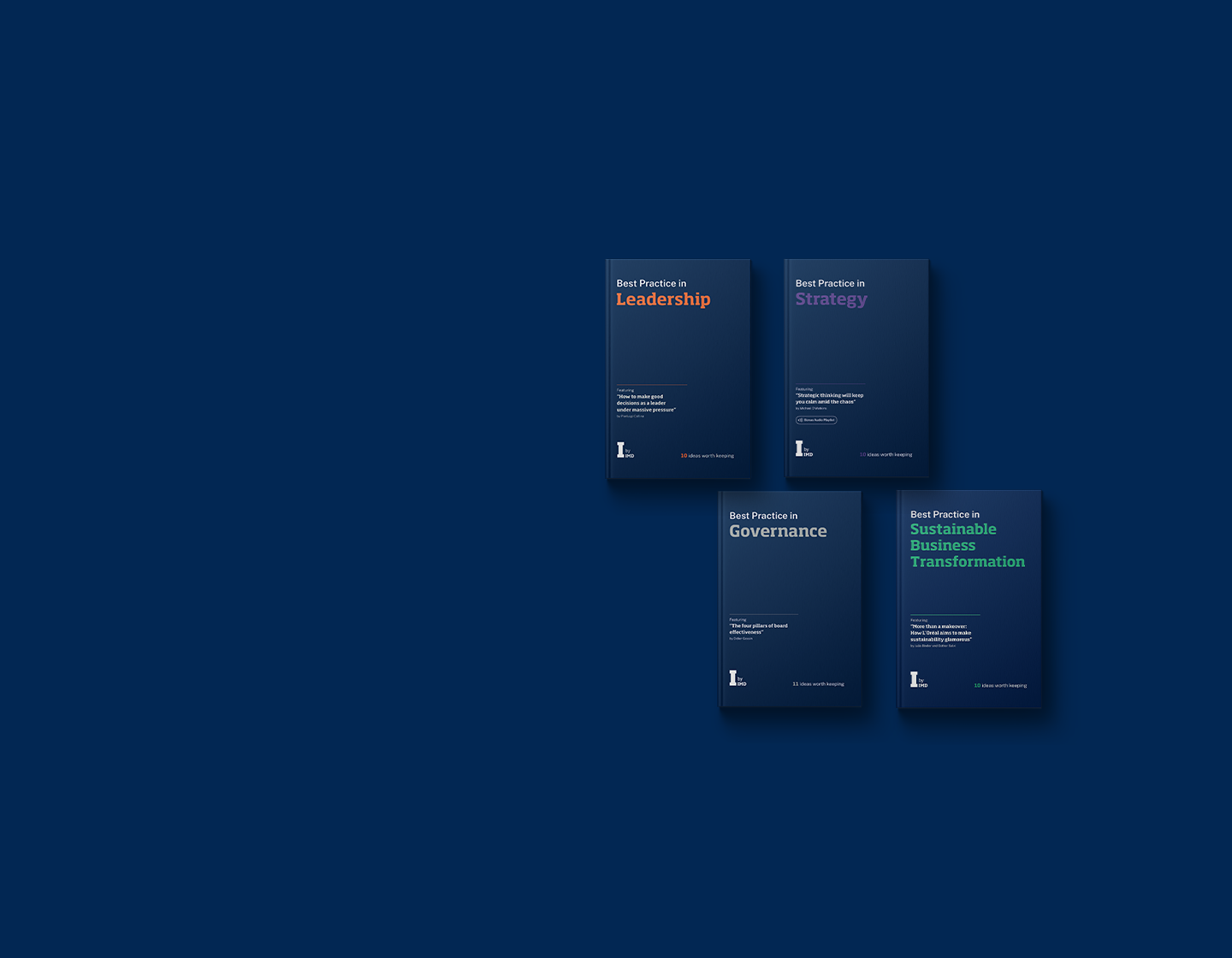British Airways hits turbulence
Between 1981 and 1996, BA went from a stodgy state-owned carrier – truly one of the worst airlines in the world – to a world-class customer-focused organization. In 1995-96, BA becomes the most profitable airline in the world and wins prestigious industry awards for the 7th year in a row. The company has come to live up to its self-billing as “The World’s Favourite Airline”. This is the moment chosen by Sir Colin Marshall, seen by all as the main architect of this remarkable transformation, to pass the CEO baton to heir apparent Bob Ayling and move to a part-time Chairman position. A clear strategic thinker, Ayling realizes before anyone else that (a) industry conditions are going to become increasingly competitive and (b) that the airline’s cost base is too high for this likely future. As a result, he initiates a demanding efficiency programme hailed by the business press as visionary. Initially viewed as both strategically astute and very personable, Bob Ayling becomes increasingly criticized, and his tenure increasingly marred by tension and conflicts first with employees, but soon after with the press, regulators and politicians, and ultimately most constituencies interested in the airline. The turning point is the cabin crew strike in mid-1997, after which BA’s stock price begins a slide that will see the company lose over half its market capitalisation in two years. The case concludes with Ayling resigning and Marshall explaining that the new CEO would keep pursuing the strategic directions set by Ayling.
The case is meant to be used to discuss three key leadership issues: 1) The process of change: The case is primarily about the difficulty of trying to lead change in a highly successful organization. 2) The mix of leadership competencies: The case allows a rich discussion of the three core roles of a leader (as strategist, architect and mobilizer), and how leaders can handle weaknesses in their competency profile. 3) The need to self-manage: The case can further be used to explore the issue self-management, particularly in terms of maintaining one’s ability to listen over time. The case can also support a discussion on the importance and determinants of fair process.
British Airways, Travel and Leisure, Airlines and Aviation
1996-2000
Cranfield University
Wharley End Beds MK43 0JR, UK
Tel +44 (0)1234 750903
Email [email protected]
Harvard Business School Publishing
60 Harvard Way, Boston MA 02163, USA
Tel (800) 545-7685 Tel (617)-783-7600
Fax (617) 783-7666
Email [email protected]
NUCB Business School
1-3-1 Nishiki Naka
Nagoya Aichi, Japan 460-0003
Tel +81 52 20 38 111
Email [email protected]
IMD retains all proprietary interests in its case studies and notes. Without prior written permission, IMD cases and notes may not be reproduced, used, translated, included in books or other publications, distributed in any form or by any means, stored in a database or in other retrieval systems. For additional copyright information related to case studies, please contact Case Services.
Research Information & Knowledge Hub for additional information on IMD publications
Academic institutions face unprecedented complexity from technological change, evolving funding models, diverse stakeholder demands and pressure to demonstrate societal impact. Traditional strategic planning – periodic exercises that typically yie...
Research Information & Knowledge Hub for additional information on IMD publications
Research Information & Knowledge Hub for additional information on IMD publications
in I by IMD
Research Information & Knowledge Hub for additional information on IMD publications
in I by IMD
Research Information & Knowledge Hub for additional information on IMD publications
Research Information & Knowledge Hub for additional information on IMD publications
Research Information & Knowledge Hub for additional information on IMD publications
Research Information & Knowledge Hub for additional information on IMD publications
in I by IMD
Research Information & Knowledge Hub for additional information on IMD publications
Research Information & Knowledge Hub for additional information on IMD publications
in I by IMD
Research Information & Knowledge Hub for additional information on IMD publications










